Language
WORLDWIDE SHIPPING | ONLY UNTIL 11/09: Get a COMPLETE block of 5 forged knives FOR FREE when you spend at least €750 on polycarbonate and silicone moulds!
FLEXINOX : bodice - apron with stainless steel plates for butcher and for boning
€165.00
€135.25
Availability:
In stock
FLEXINOX is recommended when a hand knife is used to cut meat or fish.
Protection apron with plates in stainless steel
Level of protection 2 according to EN ISO 13998 regulation.
Resistance : The perforation test gave an exceptional resistance result , 40 times the requirements indicated by EN ISO 13998.
Practicality : The size and shape of the plates provide an excellent flexibility.
Safety : Thanks to the exclusive and registered assembly system, FLEXINOX provides a perfect protection agains knife perforation.
Apron cleaning through a strong brushing with water at 50° C.
Then rincing with water at at least 82°C.
The apron must not be used for protection against possible risks caused by moving equipments.
Dimensions : 72x45 cm.
Delivery time : 3 days
Protection apron with plates in stainless steel
Level of protection 2 according to EN ISO 13998 regulation.
Resistance : The perforation test gave an exceptional resistance result , 40 times the requirements indicated by EN ISO 13998.
Practicality : The size and shape of the plates provide an excellent flexibility.
Safety : Thanks to the exclusive and registered assembly system, FLEXINOX provides a perfect protection agains knife perforation.
Apron cleaning through a strong brushing with water at 50° C.
Then rincing with water at at least 82°C.
The apron must not be used for protection against possible risks caused by moving equipments.
Dimensions : 72x45 cm.
Delivery time : 3 days
FAQs

 IT
IT FR
FR
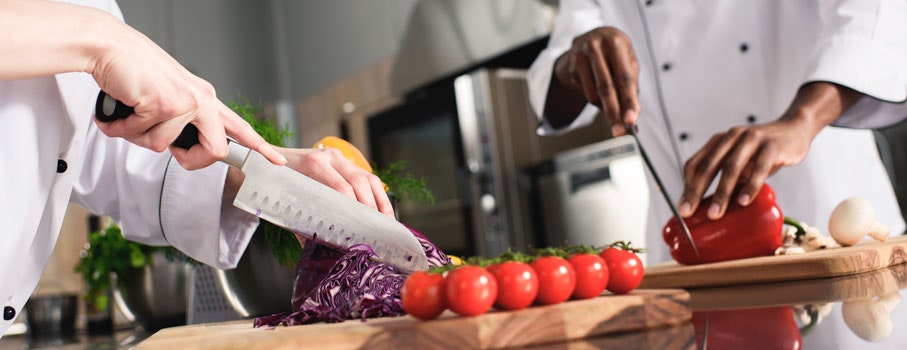
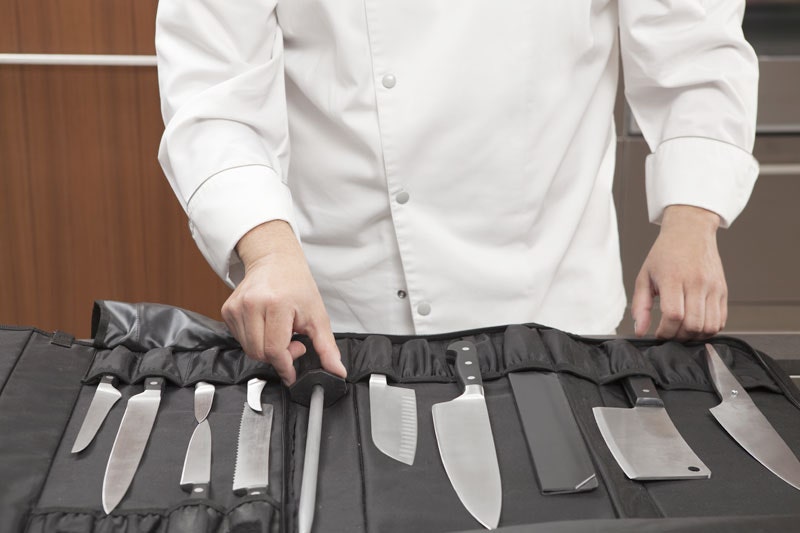
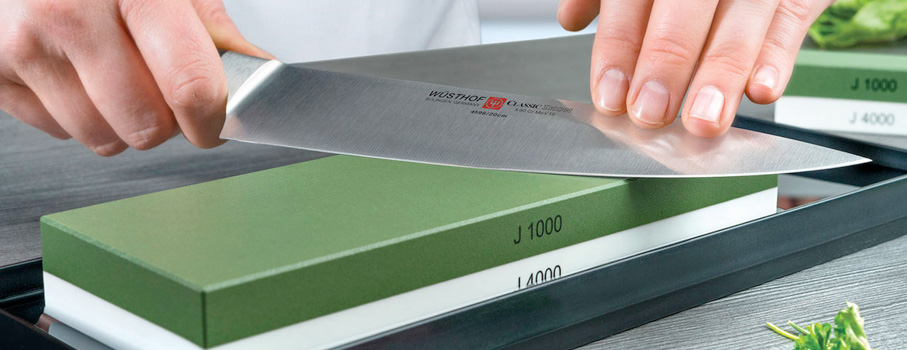
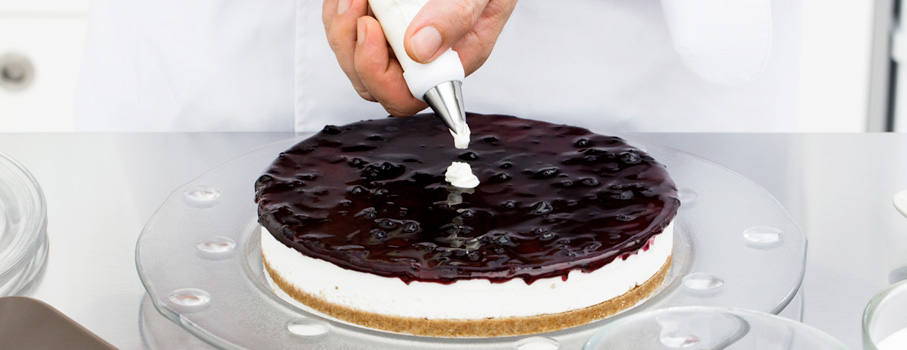

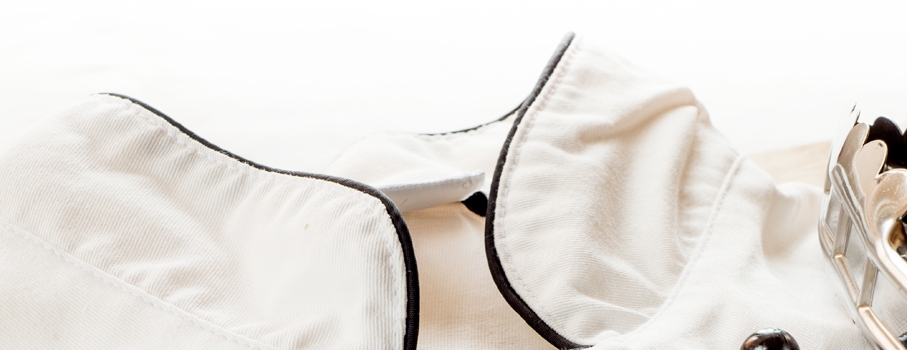
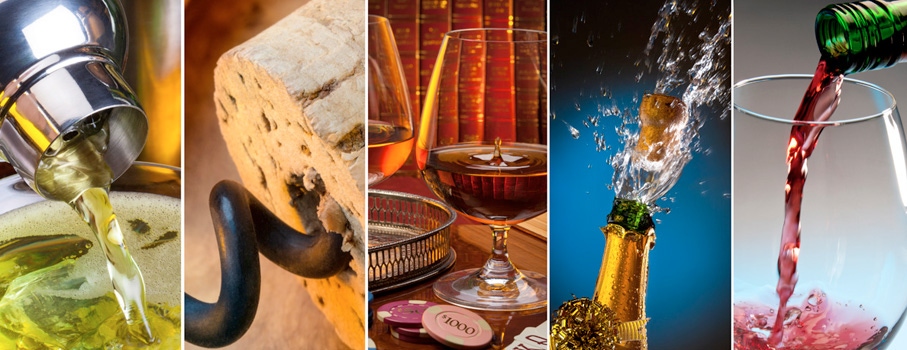
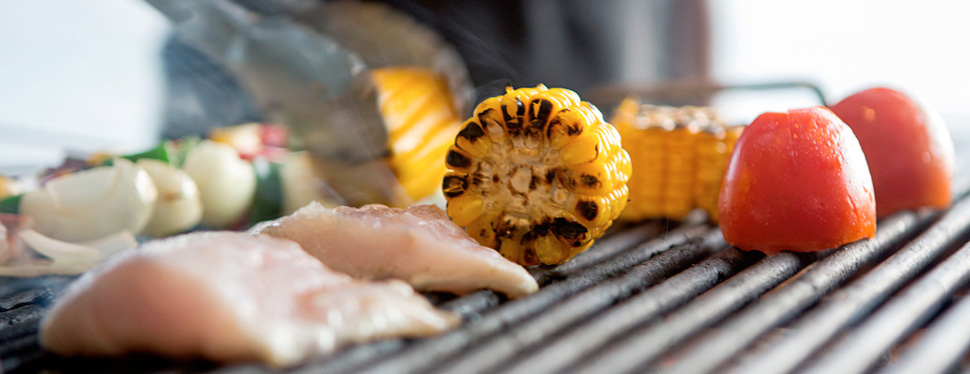

 IT
IT FR
FR
